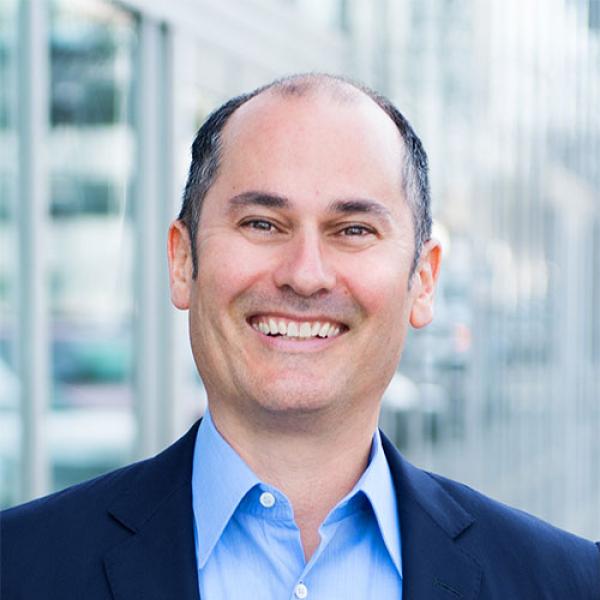Sex Hormones and Aging Inflammation: Rethinking “Inflammaging” in Longevity Medicine
by Dr. Dan Kalish
For functional medicine practitioners working on the fundamental lifestyle corrections and lab test interpretations that lead to root-cause resolution, “inflammaging” is not an unavoidable consequence of aging. You can “reverse age” and lower your inflammation as you get older. Just ask my mom, with a functional medicine program she started over fifteen years ago all of her arthritis, joint swelling and joint inflammation and pain are gone and at age 89 she’s healthier than ever. Inflammation is something that happens to us as a result of our actions, and inactions. Every bite of food you eat is either going to register in your system as “inflammatory” or “anti-inflammatory”. Read - blueberries- anti-inflammatory, donut - inflammatory.
With the case of aging and hormones, our sex hormones are essential modulators of immune function and inflammation. Their loss accelerates cardiovascular disease, metabolic dysfunction, cognitive decline, and neurological issues. Understanding and addressing this hormonal-inflammation connection is critical to practicing longevity medicine.
The Erosion of the Anti-Inflammatory Reserve
As patients progress through perimenopause, menopause, or andropause, they lose key hormones that protect against inflammation and maintain resilience.
- In women, estradiol acts as a powerful anti-inflammatory hormone, helping to regulate cytokines that drive systemic inflammation. When estradiol declines, this protective effect is lost. Estrone, produced in fat tissue, can become relatively pro-inflammatory, especially in the context of metabolic dysfunction. Progesterone, which supports neuroimmune balance, mood, and sleep, also declines, further contributing to systemic inflammatory stress.
- In men, declining testosterone reduces anti-inflammatory signaling and is associated with higher inflammatory markers, insulin resistance, muscle loss, and cognitive vulnerability. DHEA, a hormone that helps buffer the body against chronic stress, also decreases with age, reducing resilience to inflammatory stressors.
Together, these hormonal changes erode the body’s natural anti-inflammatory reserve, creating vulnerability to chronic disease, metabolic dysfunction, and accelerated aging.
Hormonal Decline and Inflammation: A Vicious Cycle
The relationship between hormones and inflammation is bi-directional and self-reinforcing:
- Inflammation stresses the adrenal system, increasing cortisol levels. Chronic high cortisol can suppress gonadal hormone production and divert precursors away from sex hormone synthesis.
- Inflammation interferes with hormone signaling at the cellular level. Even optimal circulating hormone levels may not be effective if receptors cannot respond properly.
- Gut dysbiosis and poor estrogen metabolism increase inflammation. When estrogen clearance is impaired, pro-inflammatory metabolites build up, further disrupting hormone balance.
This cycle means that hormone decline drives inflammation, and inflammation, in turn, worsens hormonal dysfunction—a self-perpetuating spiral that accelerates aging, but, importantly, is not a prerequisite of aging, we can stop this process.
The Functional Longevity Approach
Functional medicine requires more than simple hormone replacement. True longevity care focuses on restoring the health and function of all body systems, in an integrated and coordinated fashion.
- Foundational Control Points: Reduce systemic inflammation through correcting three key body systems, neuroendocrine, GI and detoxification. Do three tests to find these problems, HPA axis testing, microbiome and organic acids. From these three tests you can address all the many ways inflammation creeps into the body.
- Advanced Hormone Treatments: When needed, bioidentical hormone therapy should be guided by a complete assessment of hormone metabolites, including estrogen metabolites and the androgen pathways. Treatment solutions for these types of hormone issues include working to improve methylation, detoxification, and natural anti-inflammatories like curcumin and ginger.
By designing hormone treatments to reduce inflammation—and anti-inflammatory programs to improve hormone balance you can slow age-related disease processes and push the envelope on wellness and longevity.
Deepen Your Clinical Expertise in KICP Longevity
The path to a longevity practice starts with you! Our intensive—Hormones & Immune Function—will explore these principles in depth. It’s part of the Kalish Longevity Certification, a program designed to give practitioners the lab-based strategies and communication tools to build personalized longevity protocols for their patients.
Through this 12-week intensive, you will:
- Assess adrenal, thyroid, and sex hormone function developing your lab-based skills.
- Personalize interventions using functional genomic insights to optimize methylation, detoxification, and hormone metabolism.
- Balance inflammation, stress response, and sleep to restore endocrine resilience and support long-term health.
- Master patient communication and coaching to help patients implement sustainable lifestyle changes.
By completing this course, you’ll move beyond theoretical knowledge and into clinical application, developing the skills necessary to restore hormonal balance, address genetic issues and remove many of the roadblocks that lead to accelerated aging. Learn more >
✨ Join us in redefining what it means to age well—both for your patients and your practice. ✨

